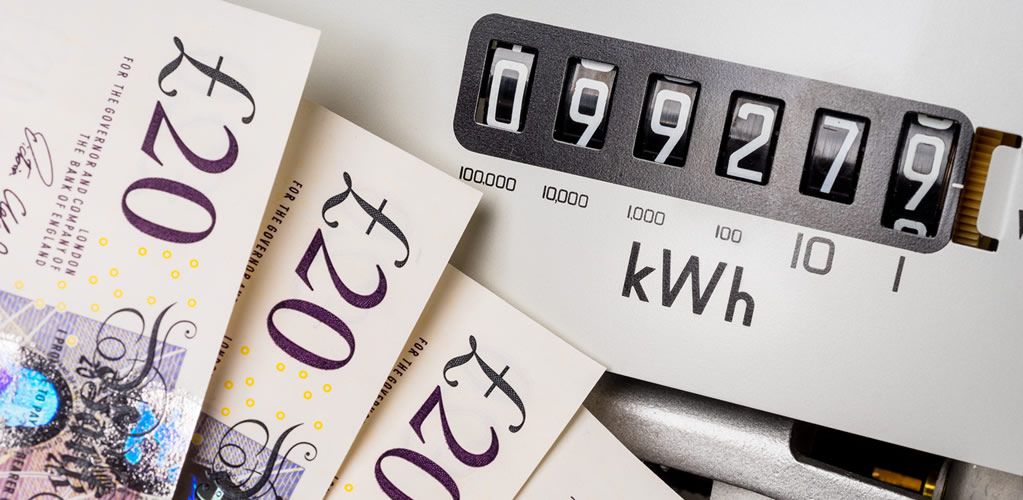Your energy bills are finally about to go down
A reduction in your energy bills may not provide immediate relief from your financial difficulties, as inflation and interest rates remain high and exert pressure.

A reduction in your energy bills may not provide immediate relief from your financial difficulties, as inflation and interest rates remain high and exert pressure.
F or the first time since autumn 2022, your energy bill will soon be capped by the UK regulator Ofgem rather than the government’s emergency price guarantee. This means you should see a drop in your next bill.
From Saturday July 1 2023, Ofgem is lowering the price cap – which limits the amount your supplier can charge for a unit of electricity or gas if you are on a standard tariff – by 38% on gas (meaning the unit price for direct debit payers will drop from 13p to 8p) and 42% on electricity (down from 51p to 30p). These new prices are below the government’s emergency guarantee.
The average annual household energy bill (including the fixed daily amount that you pay regardless of energy use) will fall by 17% from £2,500 to £2,074. But how much you can expect to pay still depends on how much energy you use, and your mix of electricity and gas and whatever other fuels you may use to heat and light your home.
The cap has been lowered because wholesale energy prices (the price at which your supplier buys energy) are falling and may be stabilising. However, these prices are still not returning to the levels they were before early 2022.
Ofgem continues to review and adjust the cap every three months. If you are on a direct debit plan, your energy supplier may not have changed your monthly payments in case prices go back up at some point in the coming year. And even if your bill is falling, the drop may bring no sudden relief for several reasons.
Energy bills fall but squeeze on budgets remains
First, the government is no longer providing such extensive support. The energy bill support scheme which gave every household a £400 discount on their bill last winter ended in March 2023. This, along with the emergency price guarantee replacing Ofgem’s price cap, kept bills lower than they would otherwise have been.
Second, the energy bills of businesses that supply goods and services – for example, producing and transporting the food you buy in supermarkets – are not covered by the cap. So, higher energy prices will continue to affect the prices of just about everything we buy.
This is one source of stubbornly high inflation as the global economy emerges from the pandemic and the UK adjusts to being outside the European Union. Others include increased shipping and other transport costs in getting the things we need and want to shops. Food supply chains, particularly for items containing wheat, continue to be affected by the war in Ukraine.
Costs unrelated to energy are driving a very high cost of living, and this is reflected in the underlying rate of inflation, or core inflation, which is still high even when volatile energy and food prices are removed. Rising interest rates are straining household budgets, particularly among mortgage holders but also those who rent from landlords with mortgages.
Households are conserving energy
Energy bills are a big expense for most households at the moment, but more so for those on lower incomes and those who can’t avoid using a lot of energy, perhaps due to medical equipment.
Data shows that demand for gas across the UK fell by 13% last winter, compared with a year earlier. This was in response to the exorbitantly high price of gas (which also drove up the price of electricity, but to a lesser extent). For better-off households, that meant cutting wasteful use – whereas, in poorer homes, it probably meant underheating.
Ensure your direct debit reflects your energy use
For those paying for energy via direct debit, it’s worth checking that your monthly payments are reasonable for the amount of energy you are actually using. You should also check whether you are due a refund if conserving energy means you have overpaid since prices went up last year.
My family’s own efforts to conserve energy over the winter meant we built up quite a substantial credit across our electricity and gas accounts. Through conversations with my supplier, as well as reducing our monthly direct debits to reflect our actual usage, I managed to get this refunded and am planning to put the money in a savings account.
But I’m lucky to be able to do this. Many people may need to reallocate energy bill overpayments to other things as the cost of living crisis continues. For those on pre-payment meters, there is support available in the form of vouchers – but only until Friday June 30, so act fast.
While energy bills are falling, prices remain relatively high. Alongside other price pressures due to high inflation and interest rates, household budgets will still feel tight. There is still much to be done to ensure sustainable, accessible and affordable energy for all in the UK.

Sources
▪ Text: This piece was originally published in The Conversation and re-published in PMP Magazine on 29 June 2023. | The author writes in a personal capacity.
▪ Cover: Adobe Stock/Alex Yeung.






[Read our Comments Guidelines]